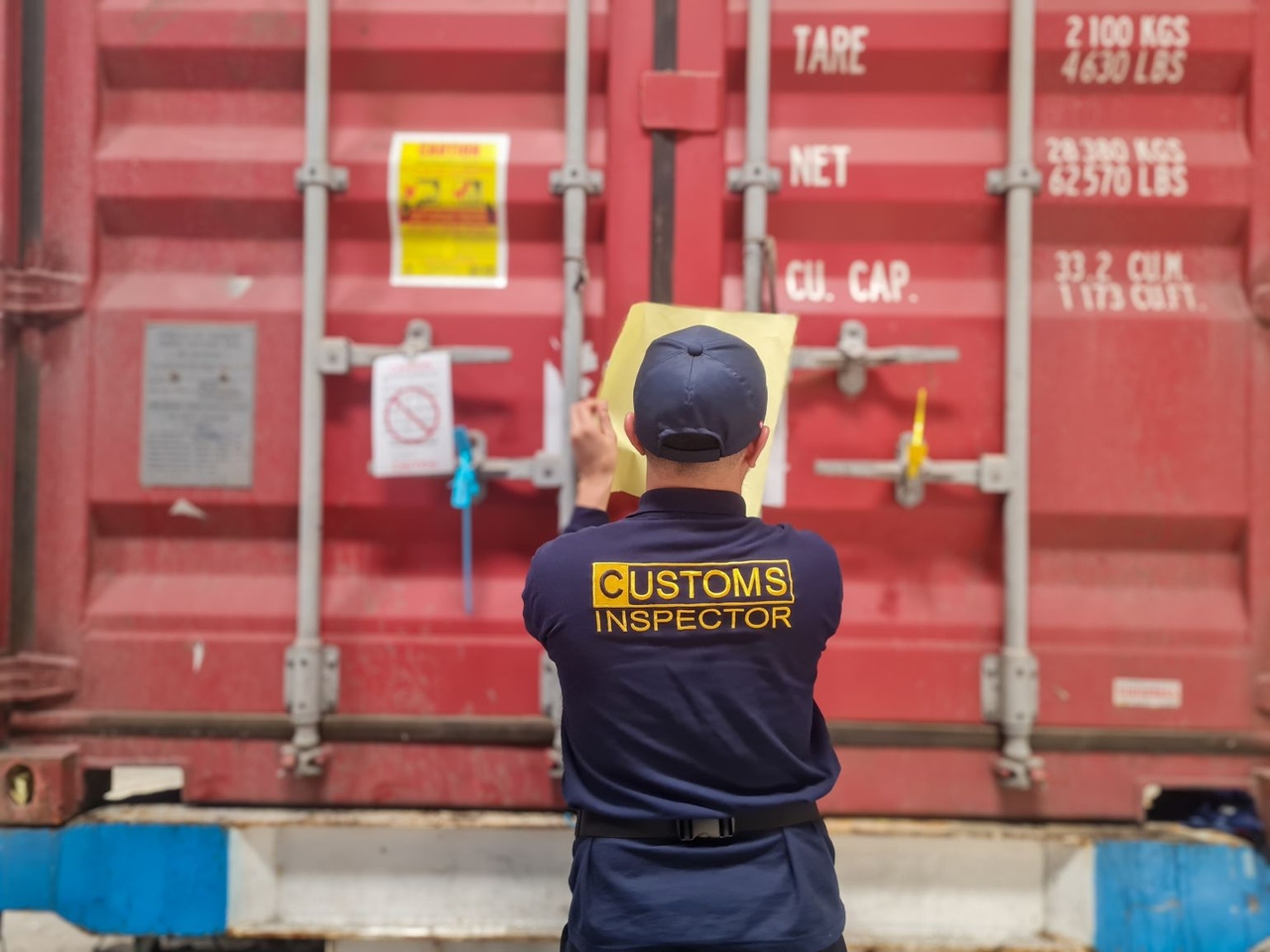Elephant in the room: Common quality mistakes not the fault of ingredient suppliers
Wilson Lau, CEO of herb supplier Nuherbs, and the third generation of his family to work in the trade, highlights that quality problems are not always the fault of the ingredient supplier.

Editor’s note: This column is part of an “Elephant in the Room” series on quality concerns in the dietary supplement industry.
As NOW Health Group and other companies are calling attention to the quality issues that surround our industry, it’s important to understand that only some of these problems are just blatant and willful cheating or, at a minimum, gross negligence.
Many brands and brand owners want to point the finger upstream at ingredient suppliers, and in some instances, that is truly where the blame lies. However, sometimes the brands have to look in the mirror and see if the fault lies with them. While those of us doing things right probably can’t ever completely stop conscious cheaters, we can be aware of common mistakes that contribute to quality concerns and exercise more care to stop the problems.
As Nuherbs celebrates 45 years in business, we have seen a lot of things in our industry, including strengthened standards in the herbal supplement business. I’d like to share some stories ranging from one I heard when I was a wee lad, to some from the present day.
The uninformed importer
Many moons ago, seasonal wellness products were found to contain pharmaceuticals for treating colds. Was it the manufacturer’s fault, and did the company “accidentally” contaminate the product? What happened?
It turns out the importer was a businessman, who seized opportunities where he found them, discovered a product that worked great and brought it to the U.S. to sell without knowing what was in it. The formula was part herbal supplement and part OTC (over the counter) drug, a perfectly legal product at the country of origin.
The manufacturer followed GMPs (good manufacturing practices) and made the product that it intended to create, but the importer brought this product to the U.S. under a different regulatory system where it was illegal. So, the problem with the product wasn’t how it was manufactured but was caused by an importer who was uninformed concerning U.S. regulations. Nuherbs brought on Lisa Thomas as Chief Innovation Officer to help our customers innovate and launch new products in a rapid manner that includes regulatory compliance, speeding product launches while ensuring that they meet regulatory requirements.
I advise that firms investigate regulatory limitations and requirements before investing in a product and/or a new market. Incidentally, this is why I never buy grey market goods – those branded goods intended for other markets outside the U.S. — because you don’t know if they meet American quality standards.
Selecting the wrong test
Recently, one of my clients (a supplement brand) was furious at a testing lab and ranting that they “sucked.” I asked for an explanation. She responded the lab fails everything including the ashwagandha extract that she bought from ashwagandha experts. As I knew all the parties involved, I thought this was weird, and wondered why the extract would fail lab testing. I asked to see the test results and certificate of analysis, as well as the sample submission paperwork.
I easily identified the problem.
The extract tested was made from root and leaves, but the paperwork submitted with the sample for identity testing just listed ashwagandha root extract. Thus, the extract should have failed because it was a combination of root and leaves, not just root. The lab knew what it was doing. Unfortunately, along with the lab, the extract manufacturer was maligned due to a failure that was not actually a failure.
In the above example, the lab did the proper testing, but the client selected the wrong test. It’s like if you want a cheeseburger, but you accidentally select a hamburger; you get what you ordered, not what you wanted. We hear from our testing lab friends that incorrectly filling out the sample submission form is a frequent reason that a sample fails testing. That’s why it’s important to always double check the paperwork and ask your lab representative for help if you are not sure.
An adulteration problem
Let’s change the fact pattern slightly in the above example, pretending the brand placed a purchase order (PO) with an ingredient supplier for ashwagandha root and leaf extract and then asked a lab to test for these materials. If the finished product label declared “ashwagandha root extract,” the brand would be selling an adulterated product.
Yes, an ashwagandha extract made from roots and leaves tends to be cheaper than extract made from root, just like a ginseng extract made from root is more expensive than a root and leaf extract.
But did the ingredient supplier cheat? Spoiler alert: no. The ingredient supplier sold an extract that matched the PO. It passed through quality because the extract was what it said it was, but then something happened. Either the finished product label or the brand owner/product manufacturer’s specification was wrong.
Conclusion
I shared these stories to show that it’s not always the ingredient supplier’s fault or that they are trying to cheat. Rather, the supply chain is complex. Quality issues can happen anywhere along the supply chain, including during the sourcing of the ingredient, quality control, production or in the labeling. Even if the product was made perfectly, it could be an illegal product if it doesn’t comply with U.S. laws and regulations.
As an advocate for the natural products industry, and the third generation of my family to work in the herb trade, I love it when more people and companies enter our industry because I believe a rising tide raises all boats. However, I implore them to learn and follow the rules and regulations to be a responsible steward of our industry.
I always recommend newcomers to our industry join a trade association such as the American Herbal Products Association (AHPA), which promotes responsible trade in the herbal products industry. Only by being responsible members of this trade can we ensure that we have a healthy ecosystem to buoy us all. Otherwise, these bad apples, including ones who aren’t properly educated, will tarnish the industry that we all love. And all of us — no matter how many generations our families have been in the business — need to pay close attention to details, even when filling out the same form for the 100th time, to prevent easily avoided quality failures.
About the Author
You May Also Like





